Lidi Kro-u Society engages students in activities including storytelling, folk song and dance, rice pounding, weaving, etc. (Morung Photo)
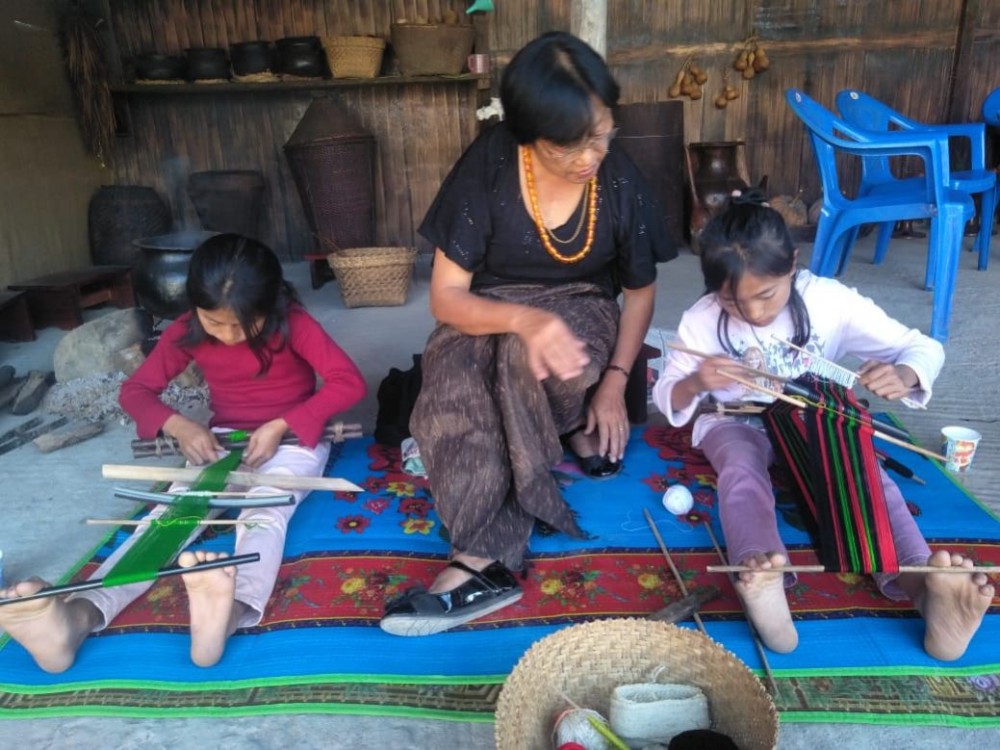
Vishü Rita Krocha
Kohima | December 6
Tucked away in a quiet locality of Kohima near Don Bosco Higher Secondary School, Lidi Kro-u Society that recently featured in a recent episode of the monthly radio broadcast ‘Mann Ki Baat’ hosted by the Prime Minister of India, Narendra Modi, carried on with its effort to preserve and promote traditional skills and knowledge through its many activities including storytelling, folk song and dance, rice pounding, weaving, etc from December 1-6.
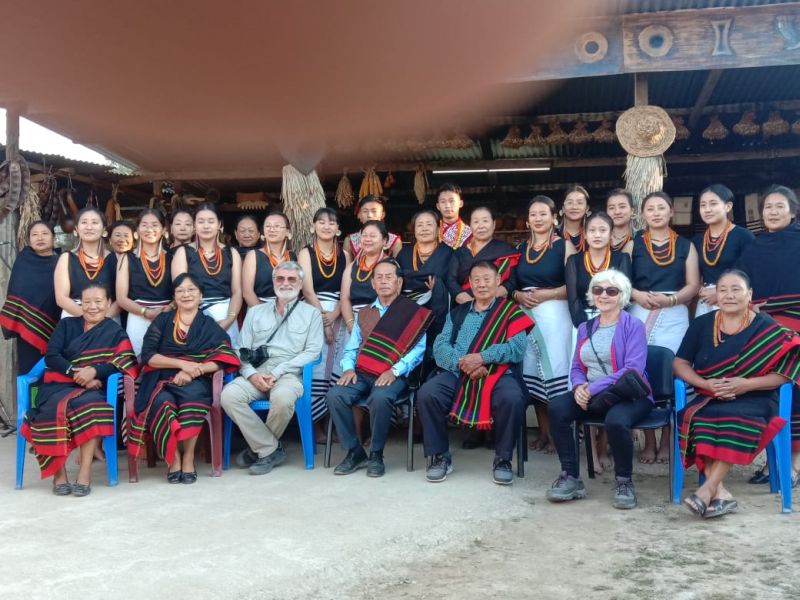
A couple from Paris, France, who visited the Society engaged in their traditional activities of knowledge sharing, were highly impressed with their initiative. The couple also left them a note written in French that translates to—“Dear friends of Nagaland, It is with great pleasure that we discovered your community. Your kindness, the welcome you have given us touches the depths of our hearts. We wish you a goodbye and above all, don't forget to continue to bring your ancestral seams to life, they are the foundation of who you are. With all our friendship.”
.jpg)
Established in the year 2012, Lidi Kro-u Society comprises of a group of women from Kohima Village, who have been endeavouring to teach the young generation about the ancestral ways of life even while observing that our rich traditions are fast fading in the present context. With the main aim to promote and preserve Angami traditions and cultures through various programmes and training activities for children as well as young people, the Society has been imparting trainings in this regard since 2019.
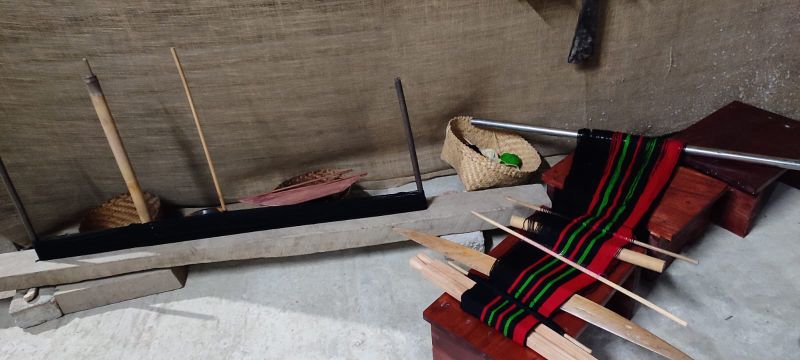
Speaking to The Morung Express, Kelhoulenuo Keyho, member of Lidi Kro-u Society, expressed concern that “our culture is dying” while emphasizing that “whatever we know, we have to pass it on and teach the younger generation and make them learn indigenous games, weaving or basket making.”
Other members of the group include Neisakuonuo Solo, (President), Neilhounuo Rame, Zetseilhounuo Whourie, Vivonguü Whourie, Vilazonuo Rutsa, Vizosienuo Belho, and Neizoviü Sekhose.
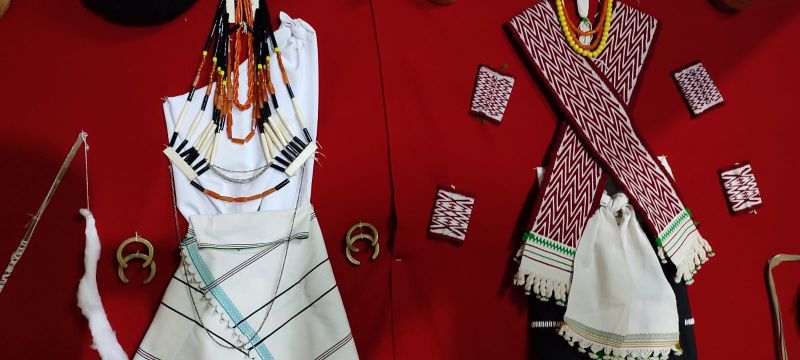
In the last couple of days, Kelhoulenuo Keyho informed that there have been enthusiastic children coming forward to learn the traditional practices whether it is in the form of weaving, dancing, singing or rice pounding. Interestingly, students of Classes 6-7 who were earlier trained in some of these aspects go back to their respective homes and pass it on to their younger siblings.
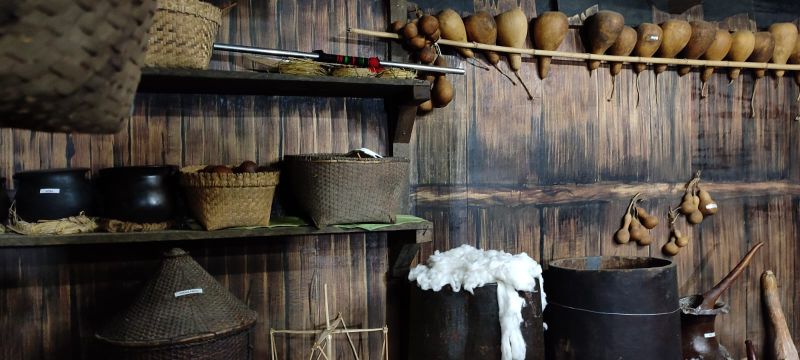
“The other day, we had a storytelling session,” Keyho also highlighted while asserting that “we need more storytellers.” The storytellers for the session were Viluo Rutsa and Vikuolie Zatsu, both elderly from Kohima village, who came and narrated their lived experiences of witnessing the World War II, and how they lived their lives before the dawn of Christianity.
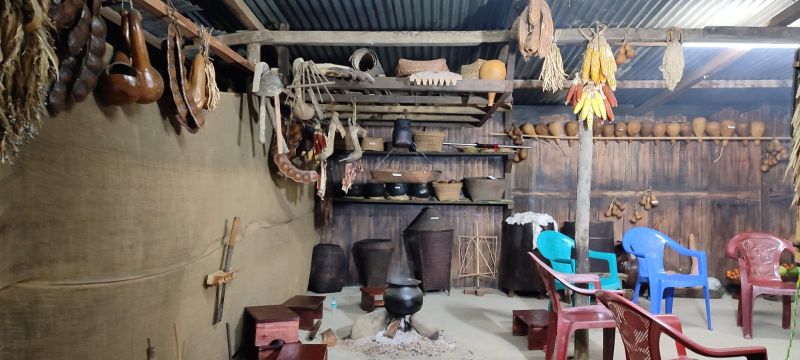
Recalling her own experiences of growing up, Kelhoulenuo Keyho related that, “during our time, we have had a taste of how our parents lived. We went to the fields early morning and also carried firewood with our Peli (Peer Group).” Whatever knowledge they have of the tradition they grew up with, members of the Society are endeavouring to uphold and pass it on to the younger generation before it completely disappears.






